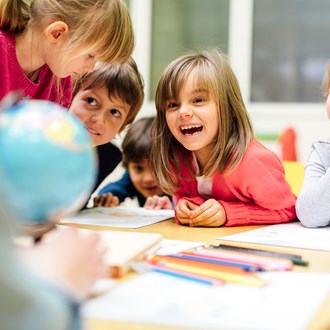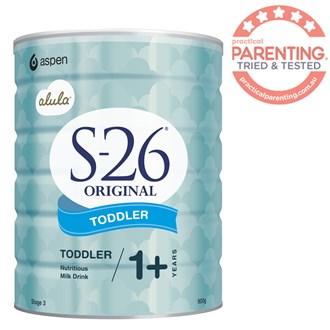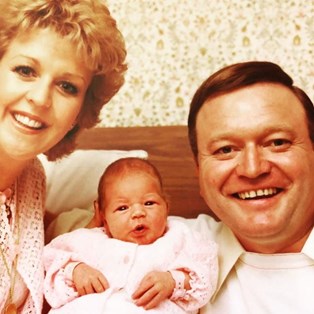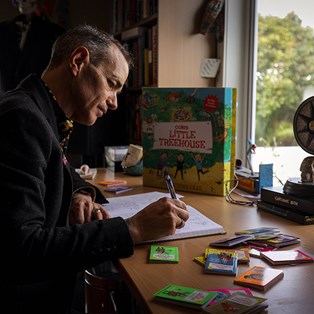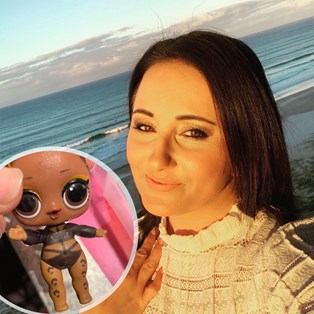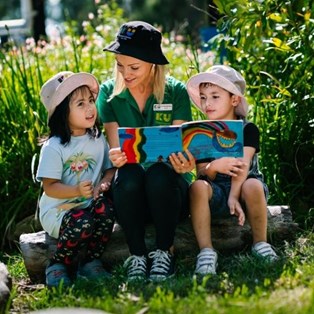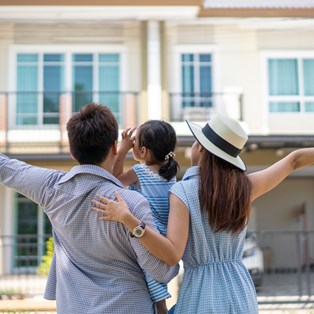Is screen time impacting your child’s eyesight?
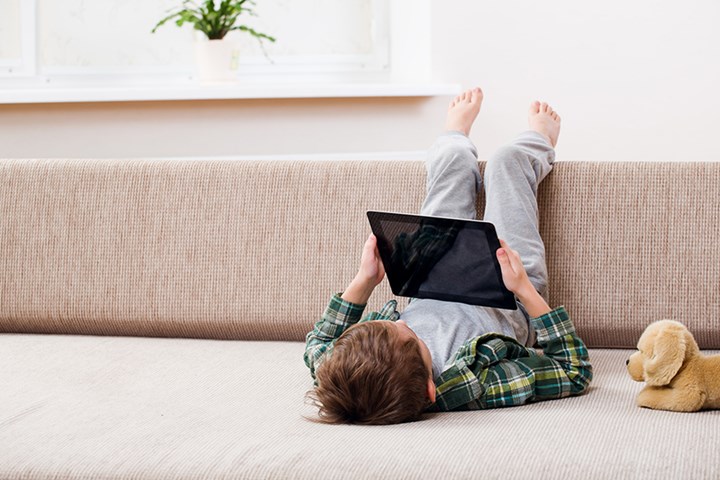
We answer parents’ common questions ...
By Margaret Lam
Optometrist and National President of the Cornea and Contact Lens Society of Australia / September 01 2020
We realise that many children have undergone dramatic changes in their lives since the COVID-19 situation changed the world.
Some of the biggest changes are to the demands on young, developing eyes and the unavoidable increase in screen time with home schooling.
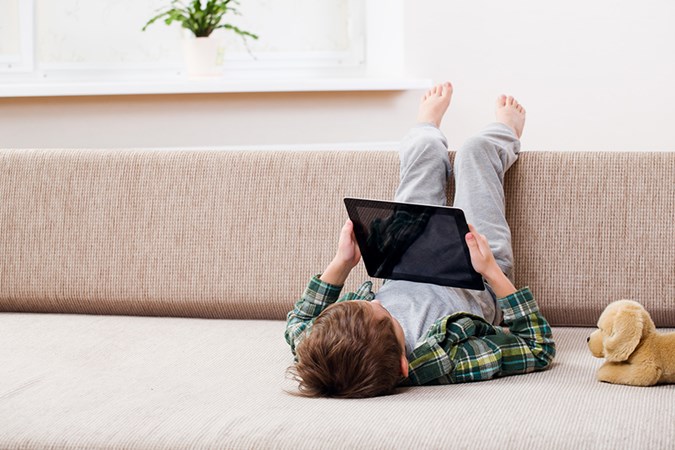
Is screen time impacting your child's eyesight? (Image: Getty)
How important is time outdoors for my child’s eyesight?
Another concern is that although the message of ‘stay home to stay safe’ has certainly protected children and adults from coronavirus, some children have significantly increased their time indoors and significantly reduced their time outdoors. A concern arising from this is that research has shown significant time spent outdoors has a protective effect on the development or increase in eyesight problems such as myopia.
Myopia also commonly referred to as ‘near-sightedness’ or ‘short-sightedness’, is a common eye condition which causes blurred distance vision.

Margaret Lam, is an Optometrist and National President of the Cornea and Contact Lens Society of Australia (CCLSA), Sydney and a founding member of the Australia and New Zealand Child Myopia Working Group. (Image: Supplied)
It appears there is considerable room for improvement about parents’ understanding of how our lifestyles can impact a child’s eyesight and their myopia. Research says less than 1 percent of Australian parents of children aged under 12 years say reducing screen time is the best course of action for primary-school-aged children diagnosed with myopia, and less than 1 percent acknowledged the role of increasing the amount of time spent outdoors.
Without this potentially protective effect of spending time outdoors in slowing the onset of myopia, we will see a considerable increase in children’s vision problems such as short-sightedness and astigmatism.
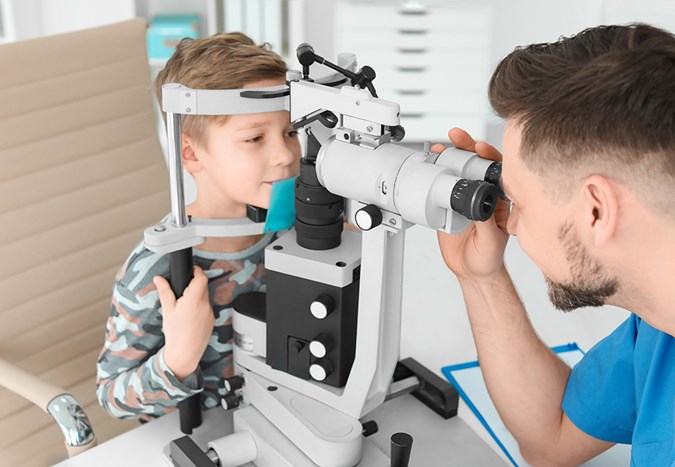
Extra time on devices during lockdown could lead to an increase in eye issues down the track. (Image: Supplied)
How long should my child spend outdoors a day?
Make sure that your child spends a minimum of two hours outdoors a day to ensure they have the protective effects outdoor activities confer. Adequate sun protection such as hats and sunglasses are recommended to get the balance right between protection from UV damage and protection from their myopia worsening.
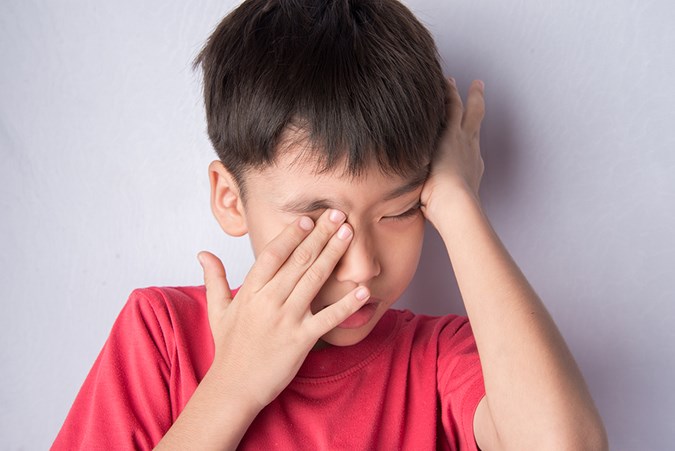
Among Australian parents of children aged 17 years and under, 91 percent are not aware of the role excessive screen time can play on their child's vision. (Image: Supplied)
Why is it important to manage myopia?
Myopia is rapidly becoming a serious public health concern in Australia, yet new research shows that 65 percent of Australian parents (with children up to 17 years old) do not know what myopia is, and only 12 percent of parents recognise the health risk that their children might develop later in life from child myopia. This is of significant concern given that high myopia is also associated with comorbidities including retinal detachment, glaucoma, cataracts and myopic maculopathy.
The risk of developing any of these conditions increases along with any increase in myopia.
As we continue to adapt to the new ‘normal’ that COVID-19 brings, it is very important to see an optometrist that focuses on preventing your child’s short-sightedness from worsening, and to make sure your child’s eyes are well protected from the strain due to the increased amount of close up and screen work they may be doing.
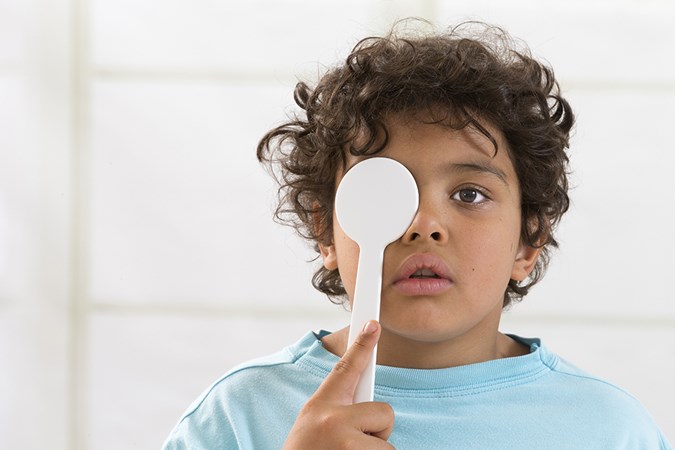
Taking short breaks every 20 minutes can help your child's vision. (Image: Supplied)
What can I do to prevent or reduce my child’s myopia from progressing?
Follow all the guidance from your eyecare professionals about:
- minimising screen time
- taking short breaks every 20 minutes
- using good lighting when reading and doing close-up work
- spending time outdoors
Regular check-ups are even more important than usual with the increase in screen time and close-up work.
Does my child need to see an optometrist?
The good news is that technology is changing for the better! There are many eyecare solutions that your optometrist can prescribe that are better than simply just ordinary glasses to slow down the rate your child’s eyesight worsens. If there is short-sightedness, and it is not corrected, doing nothing means their eyesight gets worse faster.
It really is important to bring children in to get an eye test done regularly at least every 12 months for growing young eyeballs that may be susceptible to vision problems. This is particularly the case if one or both parents are short-sighted as there is a far greater risk for these children.
We strongly encourage parents to bring their children in for an eye examination to ensure their eyes are protected as much as possible.
For more information on child myopia visit www.childmyopia.com.


